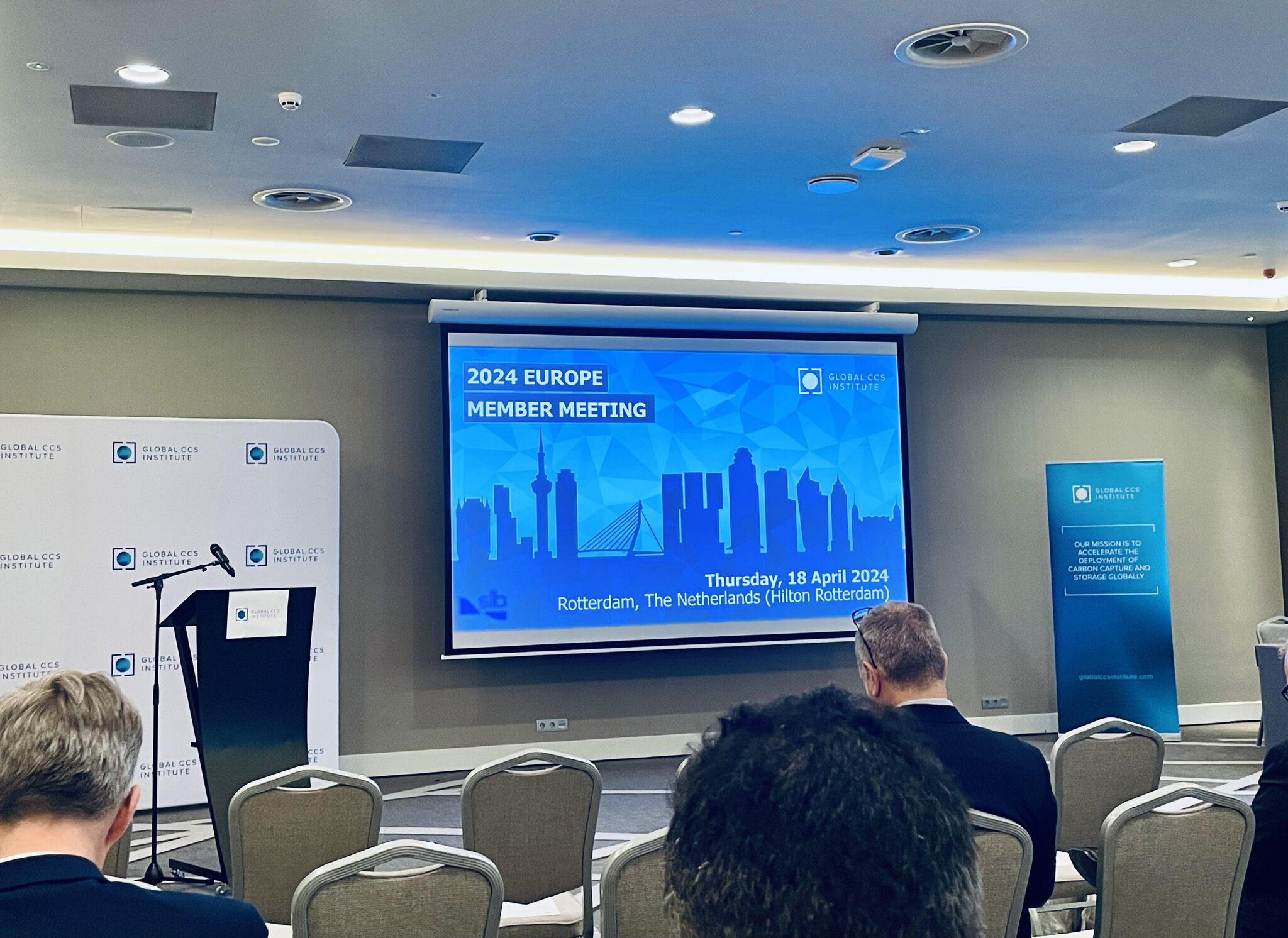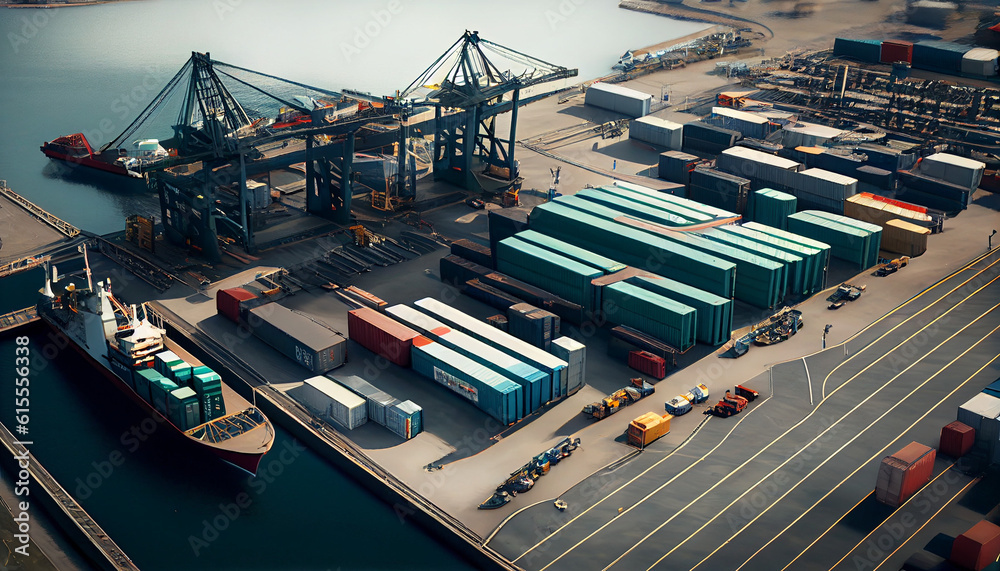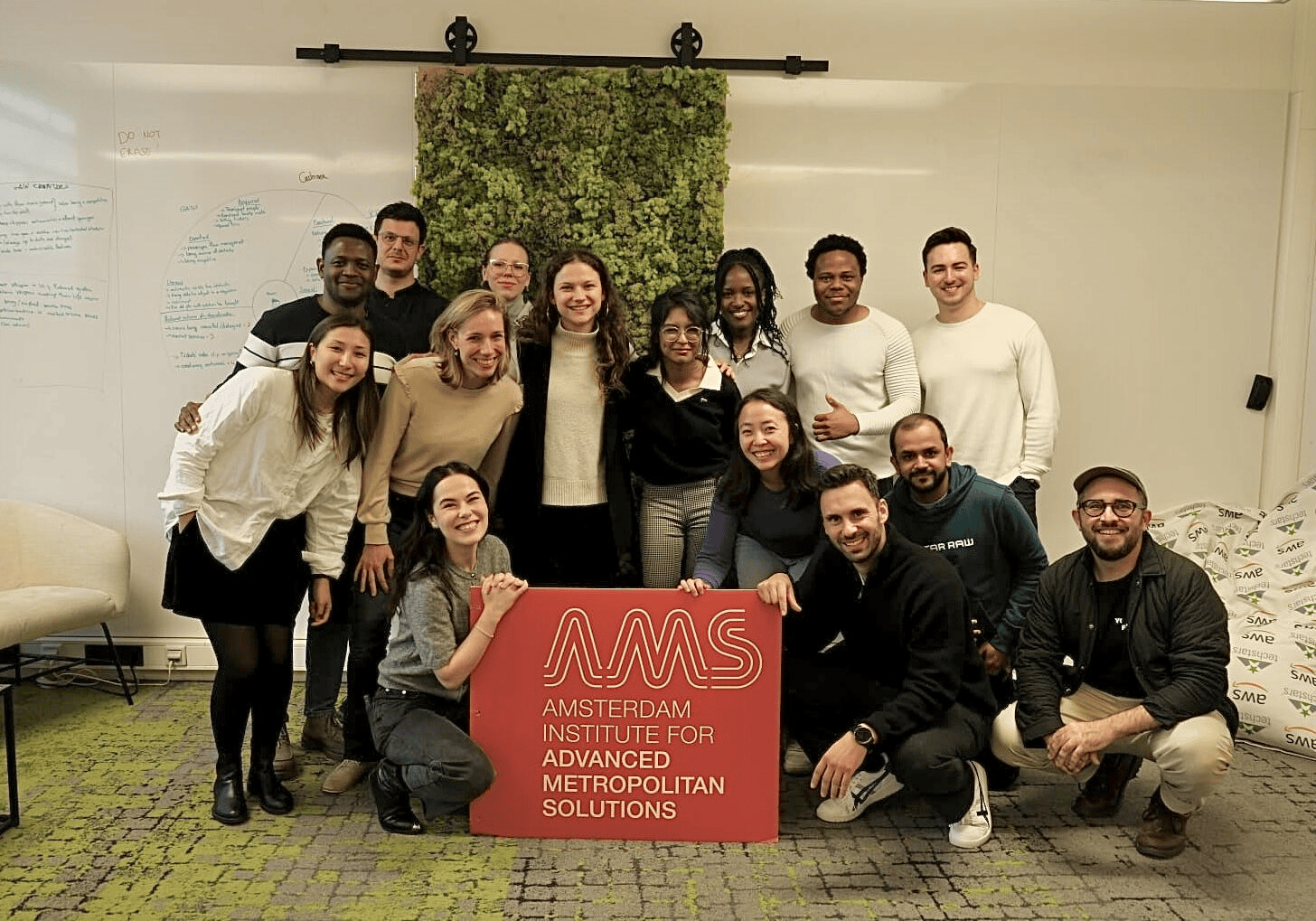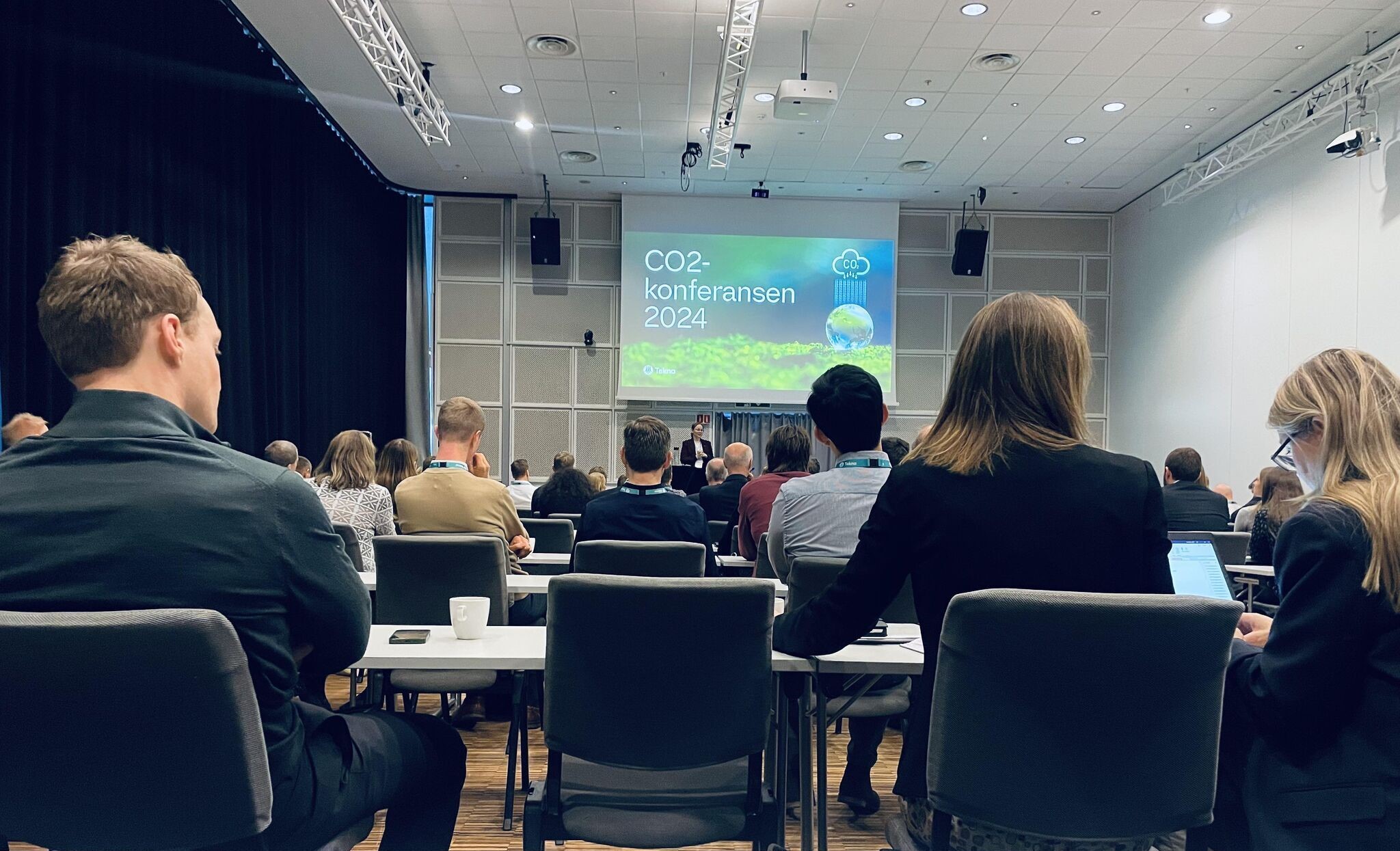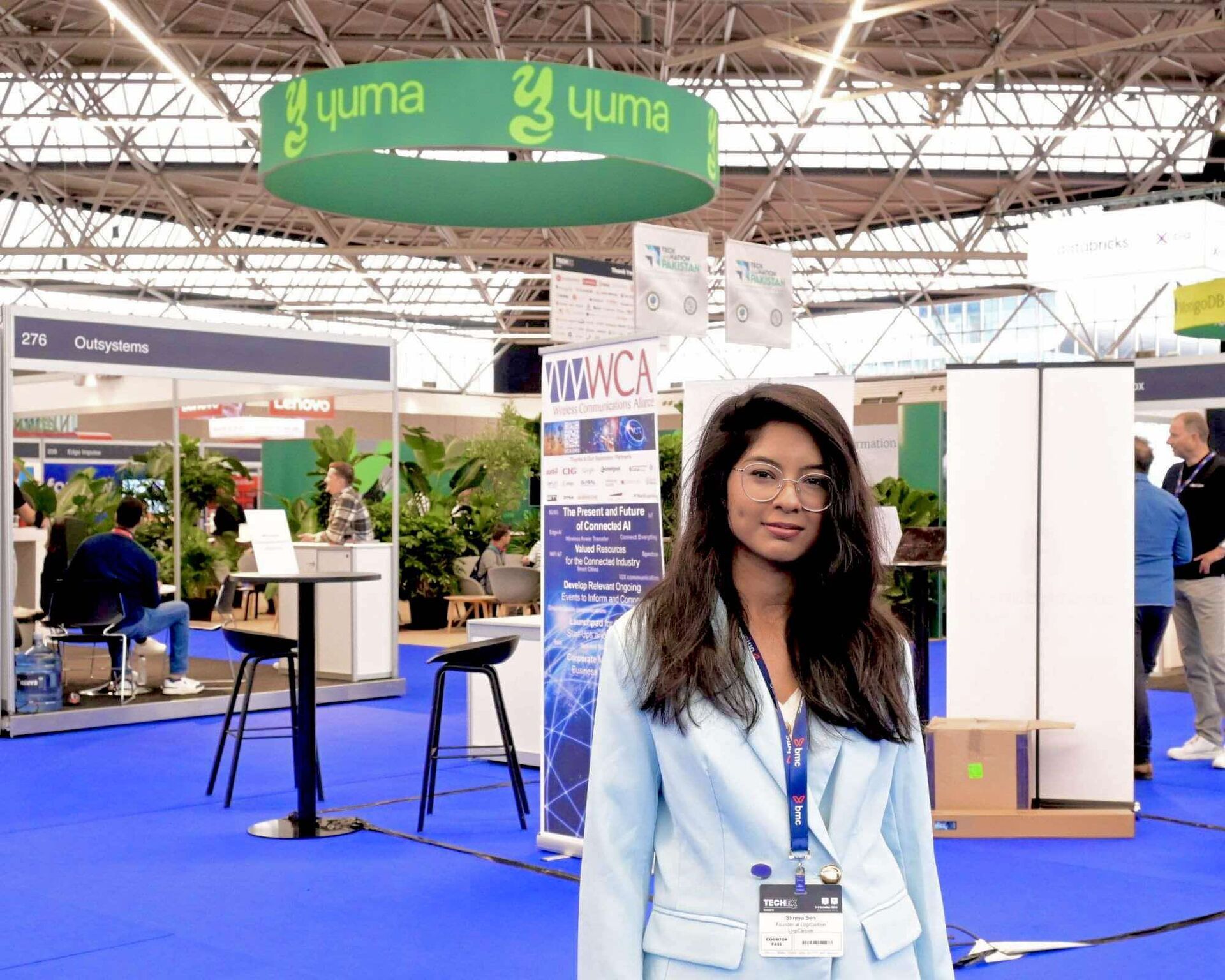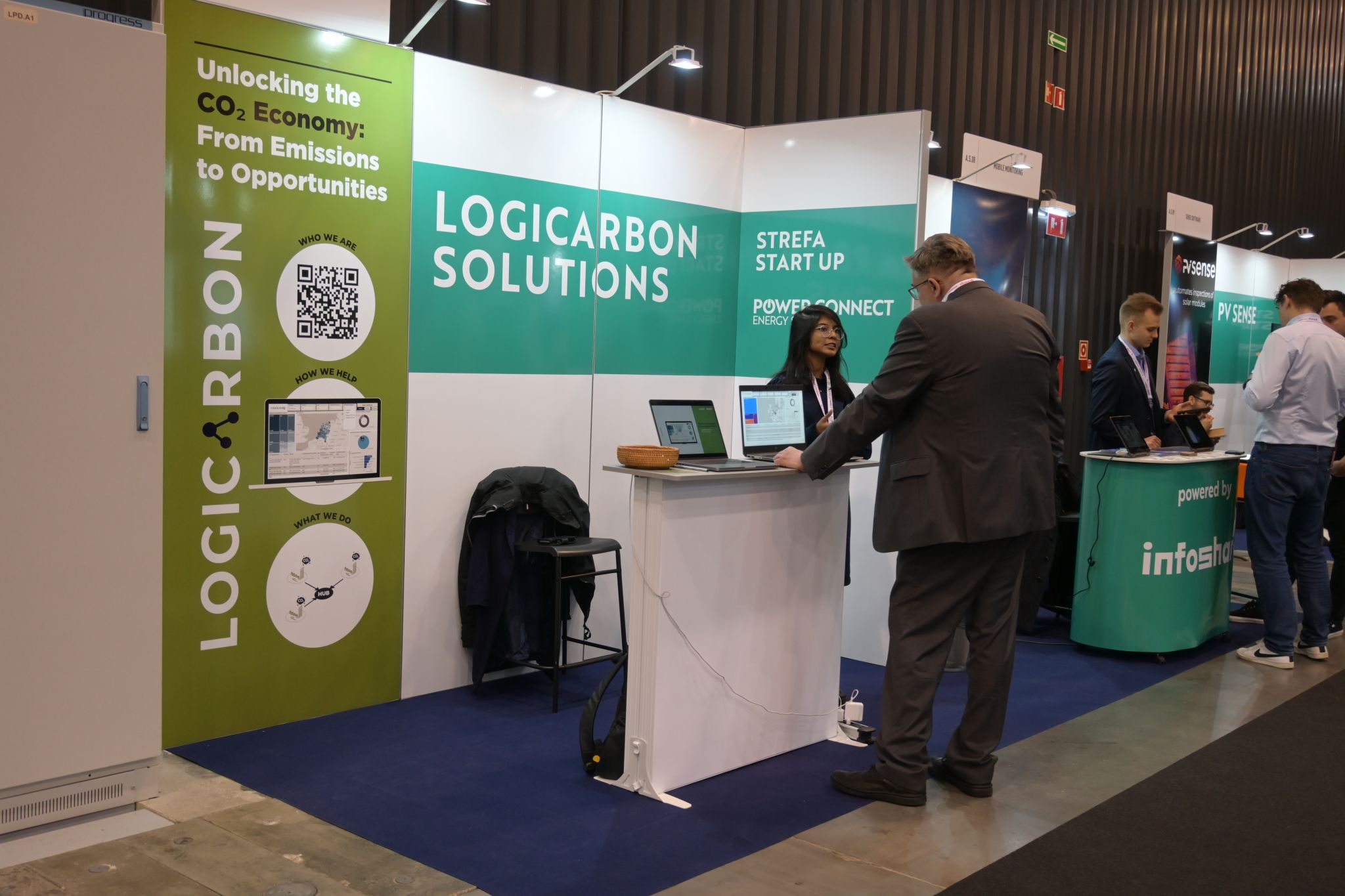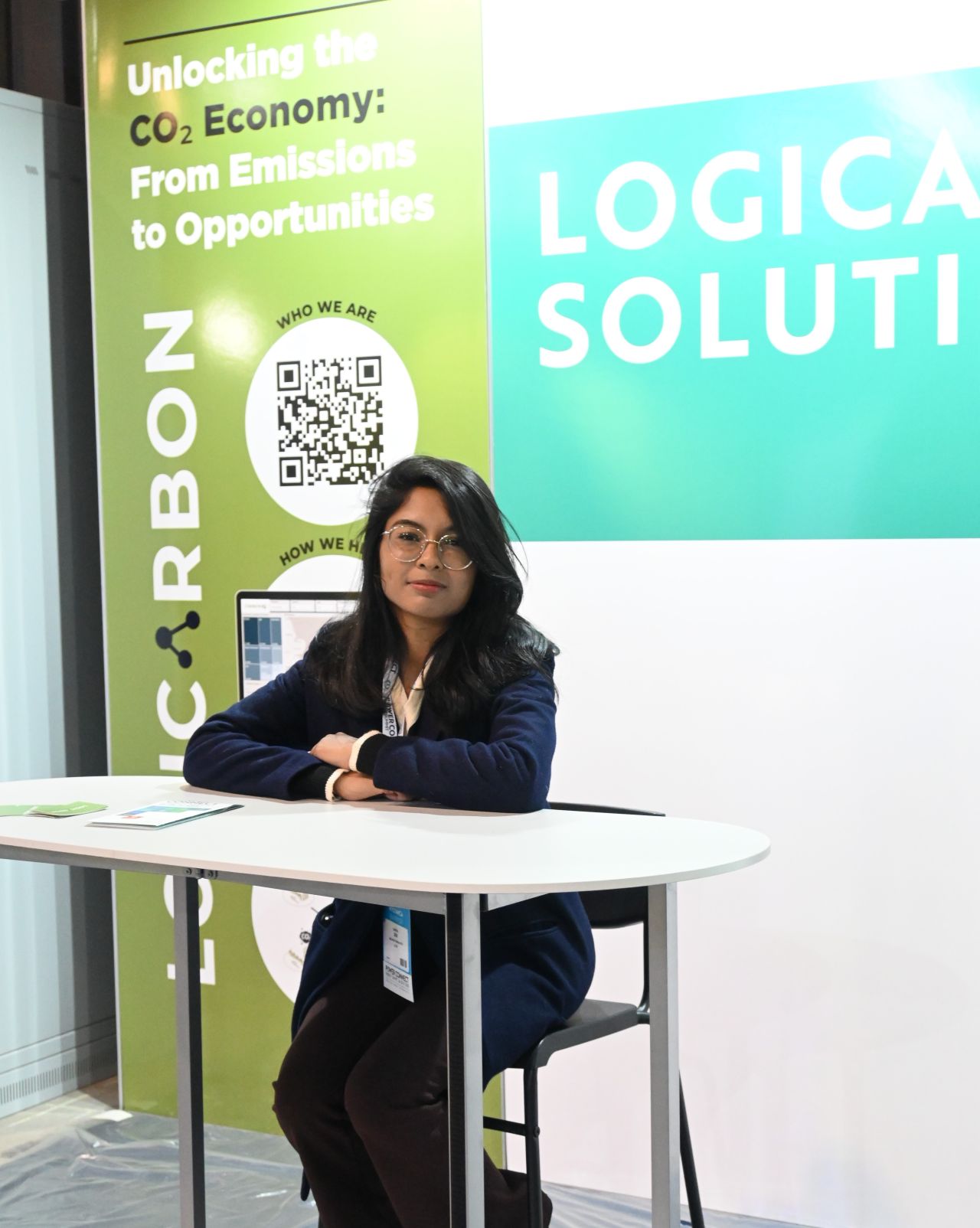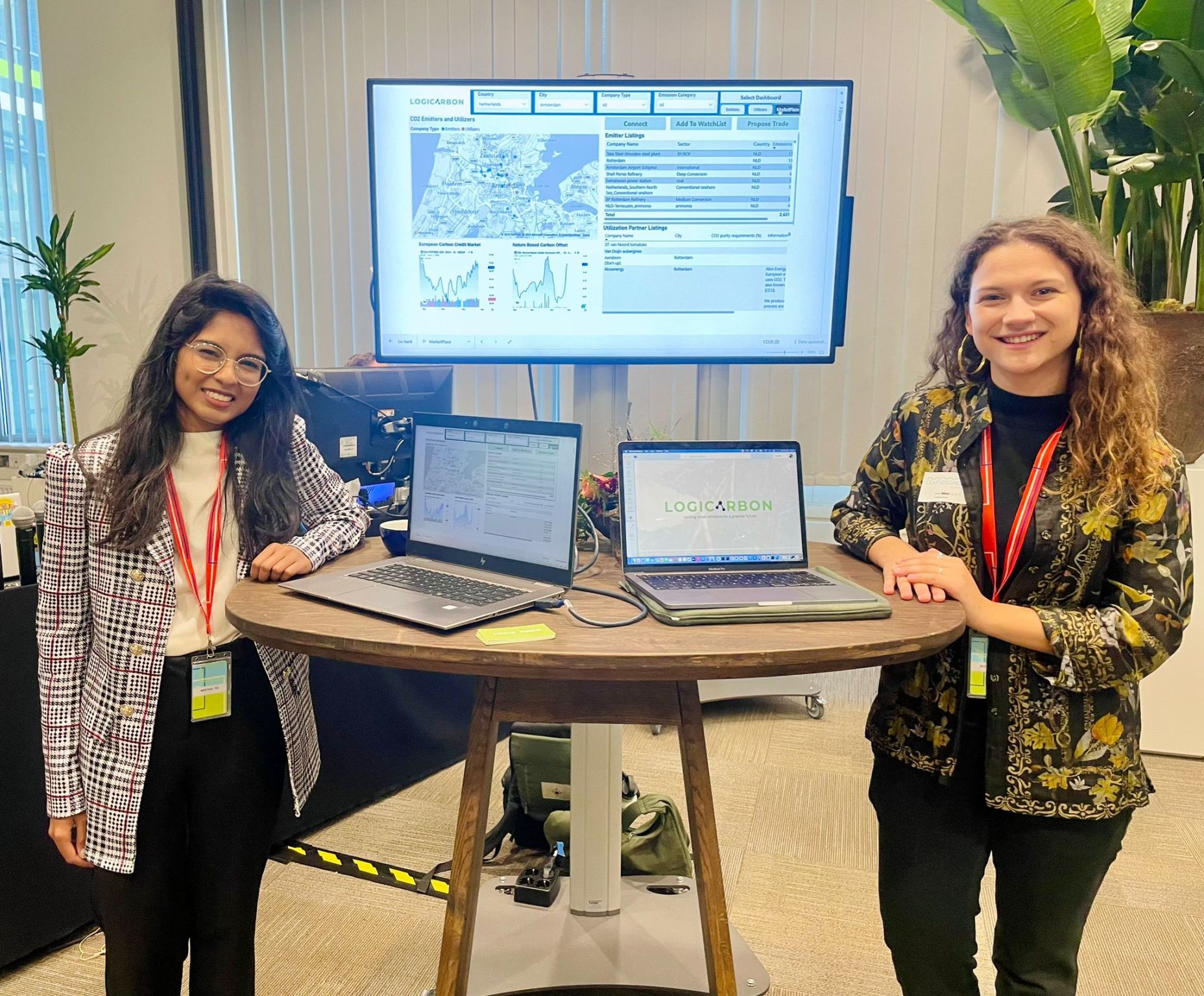We’re excited to share the highlights from our recent conversation with Jānis Volberts from Bellona Europa, where we discussed the critical role of European ports in advancing industrial decarbonization—with a particular focus on carbon capture and storage (CCS) solutions. 🌍
The Role of Ports as CO2 Hubs
As Europe intensifies its efforts to meet climate goals, the European Commission has set an ambitious target of achieving 50 million tonnes per year of CO2 storage capacity by 2030. Our discussion centered on how ports can serve as regional CO2 hubs, playing a key role in industrial decarbonization by offering shared infrastructure for carbon capture, storage, and transport.
Ports provide an ideal solution for small to medium-sized emitters who may not have direct access to maritime or pipeline infrastructure. By aggregating emissions from multiple sources and creating multi-modal transport routes, ports can maximize cost-efficiency and facilitate the decarbonization efforts of businesses that would otherwise be left behind.
Tackling Challenges for SMEs and Stranded Emitters
While the potential for ports to act as decarbonization hubs is promising, challenges remain. One key issue is the economic burden faced by small and medium-sized enterprises (SMEs), which often lack the resources to independently implement CCS solutions. Additionally, many stranded emitters—those without access to major CO2 transport infrastructure—find it difficult to participate in large-scale decarbonization initiatives.
At LogiCarbon, we are addressing these challenges by developing a digital tool that helps identify CO2 hubs and establish multi-modal transport routes for CO2. This solution is designed to help small and medium emitters connect with regional hubs, improving access to infrastructure and making decarbonization more cost-effective.
Expanding Solutions Beyond the Netherlands
While our current focus is on the Netherlands, our conversation with Jānis extended to exploring how our solution could be applied to other regions, including the Baltic region. European ports in this area hold significant potential to become key players in the decarbonization movement, and we are eager to expand our efforts to support these initiatives.
Looking Ahead
Our conversation with Bellona Europa highlighted the need for collaboration and innovation in overcoming the barriers to industrial decarbonization. We’re excited to be at the forefront of these efforts, developing impactful solutions that not only drive industrial CCS adoption but also pave the way towards a more sustainable future. 🚀
As we continue our journey, we remain committed to tackling the challenges of decarbonization head-on and contributing to a greener, cleaner Europe.
#CCS #Decarbonization #Sustainability #BellonaEuropa #CarbonCapture #PortsAsCO2Hubs #LogiCarbon

